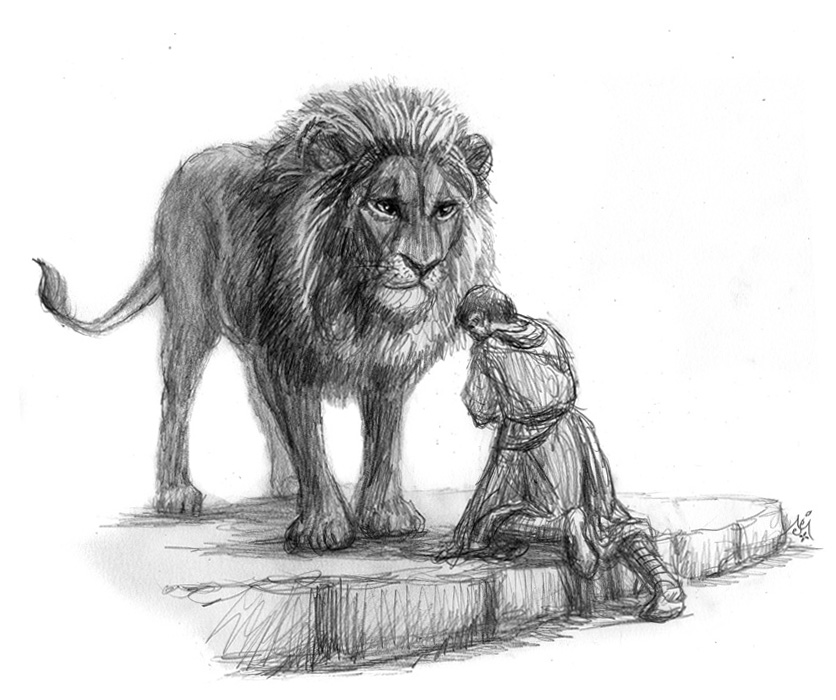 The MDC have prepared a small booklet for use during Advent, containing a study for each week of Advent. It is designed for individual use but could easily be adapted for groups. If you would like a hard copy, please contact the diocesan office. (office@ballaratanglican.org.au)
The MDC have prepared a small booklet for use during Advent, containing a study for each week of Advent. It is designed for individual use but could easily be adapted for groups. If you would like a hard copy, please contact the diocesan office. (office@ballaratanglican.org.au)
Download: 2022 Advent Book A5.pdf
Download: 2022 Advent Book Bkfold.pdf
………………………………………………………..
Introduction
Many Christians find the concept of Advent rather vague. Given that, around September (or even earlier), the shops start vigorously advertising deals for Christmas, a four-week church season leading up to the big day seems irrelevant.
The church has for some fifteen centuries observed Advent as the beginning of the liturgical year. It was developed as a period of fasting, similar to, but shorter and less rigorous than, Lent. (Ironically, the only association with Advent for most people outside the church today is the “Advent calendar”, the doors of which open on a special treat, such as a chocolate, for each day!)
The aim of this season of self-denial and meditation has always been to enable believers to prepare themselves both for the coming of the Lord in Bethlehem and also for his second coming at the end of time. This is clearly expressed in the prayer for the first week in Advent in the Australian Prayer Book:
Almighty God, give us grace that we may cast away the works of darkness and put on the armour of light now in the time of this mortal life in which your Son came among us in great humility, that on the last day, when he shall come again in his glorious majesty to judge the living and the dead, we may rise to life immortal …
As a focus for Advent meditations, Christians have traditionally been encouraged to spend time reflecting on the “four last things”: death, judgement, heaven, and hell. Taken in that order, each is the theme for one week in Advent. Many church people, however, prefer not to think about them. Amid the alluring pre-Christmas commercialism, promoting self-indulgence and celebrating family and friends, giving thought to the “last things” can appear a bit morbid. Furthermore, in the minds of some, they are associated with judgemental fundamentalism or other-worldly mysticism.
Despite such reservations, there can be great value in focussing our minds on these four pillars of the faith. Since Advent is the beginning of the church year, it reminds us collectively of the passing of time, much as our birthdays do for each of us individually. On our birthdays we often think of the future: “In what ways can I make this coming year better than the one just gone?”; “Where do I want to be in five years’ time?”.
Similarly, in Advent we Christians are reminded that our future is to be taken seriously. We are exhorted to think forward to the end of time itself, when, as the author of Revelation proclaims, “The kingdom of the world is become the kingdom of our Lord, and of his Christ: and he shall reign for ever and ever” (ch.11 v.5). In the light of eternity, let us ponder on our own lives. At some unknown date will come our own death, but we need no longer be afraid, as Our Lord, who overcame death, is our advocate.
We have confidence because that is what the coming of Christ meant and will mean. He came to us as a human infant in Bethlehem; he comes to us in the bread and wine of Eucharist; and he will come again to judge the living and the dead at the end of time. In Advent week 1 we reflect on Death; in week 2 on Judgement. And in case their significance escaped us, in the last two weeks we are reminded of Heaven and Hell. Do we want to spend eternity in the presence of our loving God, or forever removed from God?
These are the great questions that we can, and must, decide in our time here on earth. Advent reminds us of our great journey through time; it encourages us to spend that journey preparing our way by casting off the works of darkness and devoting ourselves to the Lord of Light.
Mark Garner
Professional Standards
1800 377 842 [1800 DPS VIC].
A Director of Professional Standards has been appointed to respond to all complaints of abuse by clergy and Church workers.
Episcopal Standards
1800 997 747.
Episcopal Standards complaints may be made against the Bishop of a Diocese. This is different to a Professional Standards complaint.